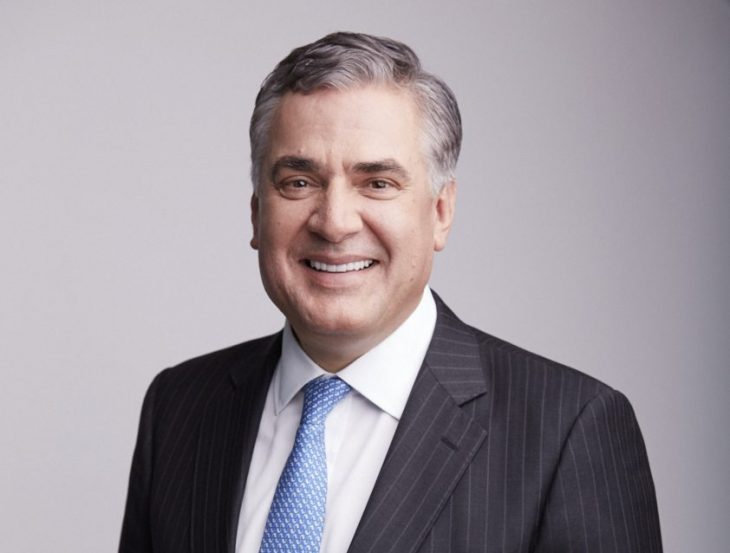
Plus, spectrum set asides are a bad idea
TORONTO – Customer service at Rogers had better improve because on Tuesday, CEO Joe Natale put a target in front of himself and his company at which to aim.
While speaking at the BMO Capital Markets Media and Telecom Conference, Natale revealed how removing customer service friction points which he has noted during his five months at Rogers makes him believe “we can get anywhere from 100 to 200 basis points of margin improvement in the next 12 to 18 months,” by tackling various issues, he said.
“To date Rogers has done a good job of going after what I would say is the low hanging fruit, things like bill shock around roaming and leading the market with Roam Like Home… data management (tools) to help people manage their family data plans,” he said. “The next push… is looking end-to-end in terms of customer service. I think that’s where the material opportunity is for us.”
Natale said everything done in marketing or product development and within its sales channels must be analyzed and smoothed because complications there drives customer friction and harms the quality of service its employees can provide. “My fundamental belief is… when you go after customer service you’re actually going after costs. The two go hand in hand,” he said.
Of the 47 million phone calls he said Rogers fields in a year (each of which cost about $10, he said), many are good ones with customers buying new products and services or upgrading their existing plans. However, “a material portion of those phone calls are the result of the upstream issues that have propagated downstream as I've mentioned and have caused complexity,” he explained, “and when a phone call costs you $10 per, it's quick to accumulate in terms of the margin impact.”
Retaining happy customers, said Natale, is far cheaper than winning people back so if it betters its service, Rogers has to work less at winning customers back, and that means Rogers then gets to “reinvest those ideas in other market growth opportunities, other investments, other areas that can drive both top line and bottom line growth,” he explained.
WHEN IT CAME TO THE rules it appears that the Ministry of Innovation, Science and Economic Development wants to set for the 600 MHZ spectrum auction, Natale was preaching the same message as BCE CEO George Cope, who spoke earlier – that setting aside spectrum chunks for companies which essentially aren’t one of Rogers, Bell or Telus, is bad policy, especially since the other players aren’t tiny newcomers like before.
“I do take issue with the fact that we've got vibrant, capable, regional players that are being classified as new entrants and given set aside opportunities when they’re not truly new entrants in the classical sense,” said Natale – referring primarily to Freedom Mobile’s owner Shaw Communications, Quebecor’s Vidéotron, and Eastlink, without actually naming them. “They have got very strong balance sheets and long histories and really are as robust a player in the marketplace as any of us… So we don't agree with the government's view on set asides and we'll be making that point through the consultation that’s coming up.”



